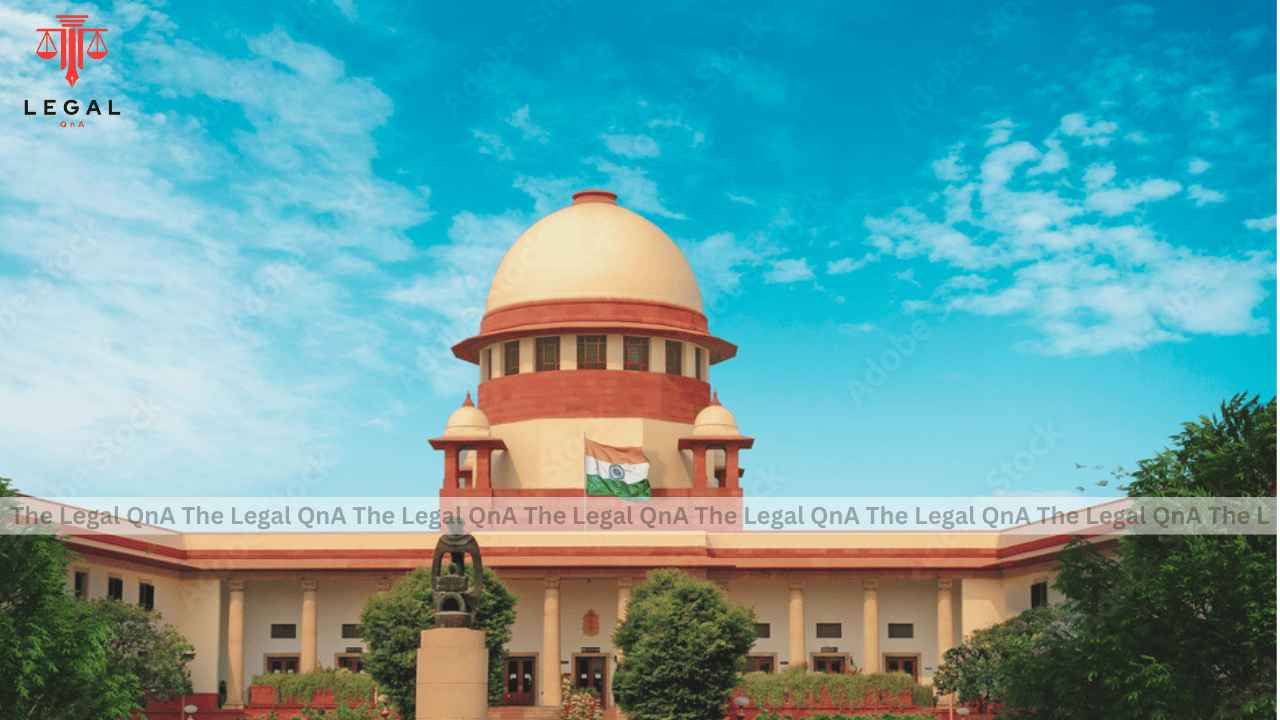The Supreme Court of India has once again drawn a sharp line on the Doctrine of Severability in suits for specific performance, clarifying that this judicial power can be invoked only in rare and exceptional cases.
The ruling came in Canara Bank v. K.L. Rajgarhia (D) through LRs [Neutral Citation: 2025 INSC 127], where the Apex Court examined whether the invalid portion of a contract can be separated from the valid part without altering the essence of the agreement.
A Bench comprising Justice Aravind Kumar and Justice Vipul M. Pancholi emphatically held that though courts do possess the authority to sever invalid portions of an agreement, such discretion must be exercised sparingly, ensuring that the essential object of the contract remains untouched.
Court’s Reasoning On the Doctrine Of Severability In Specific Performance
The case arose from a dispute between Canara Bank (Appellant) and K.L. Rajgarhia (Respondent) regarding an agreement to sell property valued at ₹32,07,500, where the Respondent had undertaken to construct eight flats. The Plaintiff sought specific performance after the Defendant failed to execute the sale deed.
While the Trial Court decreed in favour of the Plaintiff, the Delhi High Court set aside that decree, ordering instead the refund of ₹28,86,750 with 18% compound interest. Aggrieved, Canara Bank approached the Supreme Court.
The Apex Court observed that courts cannot rewrite or reconstruct an agreement under the guise of severance. Referring to Mayawanti v. Kaushalya Devi, the Bench reiterated that removing essential terms or altering the fundamental purpose of the contract would amount to creating a new agreement, which the law does not permit.
“The Court cannot remove the essential part of an agreement or the very object for which it was executed,” the Bench cautioned. “Such power must be exercised with great caution and only in exceptional cases.”
Application Of Doctrine And Judicial Caution
The Court held that the construction of ten flats, as per the agreement, was not a mere term but the core object of the contract. Therefore, removing that clause would destroy the very foundation of the agreement.
The Bench also emphasized that the judiciary cannot, under the cover of severability, attempt to make an unenforceable agreement workable. Such an approach, it said, would amount to “redrafting” or “reconstituting” the contract, an act that falls outside the judicial mandate.
The Court further cautioned public institutions, observing that State instrumentalities must not engage in camouflage agreements that defeat statutory provisions or violate building regulations.
Conclusion On the Doctrine Of Severability In Specific Performance
The Supreme Court upheld the Delhi High Court’s decision, holding that the Trial Court had erred in attempting to rework the agreement.
The Bench concluded that the Trial Court’s modification to make the agreement enforceable was legally unsustainable, as it removed the essential object, the construction of eight flats, which was central to the contract itself.
The Court reaffirmed that the Doctrine of Severability in Specific Performance can be applied only when the invalid portion is distinct and separable, without disturbing the core intent of the parties. Any judicial attempt to do otherwise would amount to crafting a new contract, which is impermissible under law.
Case Details
- Case Title: Canara Bank v. K.L. Rajgarhia (D) Through LRs
- Neutral Citation: 2025 INSC 127
- Bench: Justice Aravind Kumar & Justice Vipul M. Pancholi
- For Appellant: AOR Nitin Bhardwaj, Advocate Raakhi Sahijwal
- For Respondent: AOR Shekhar Kumar, Advocate T.K. Ganju















